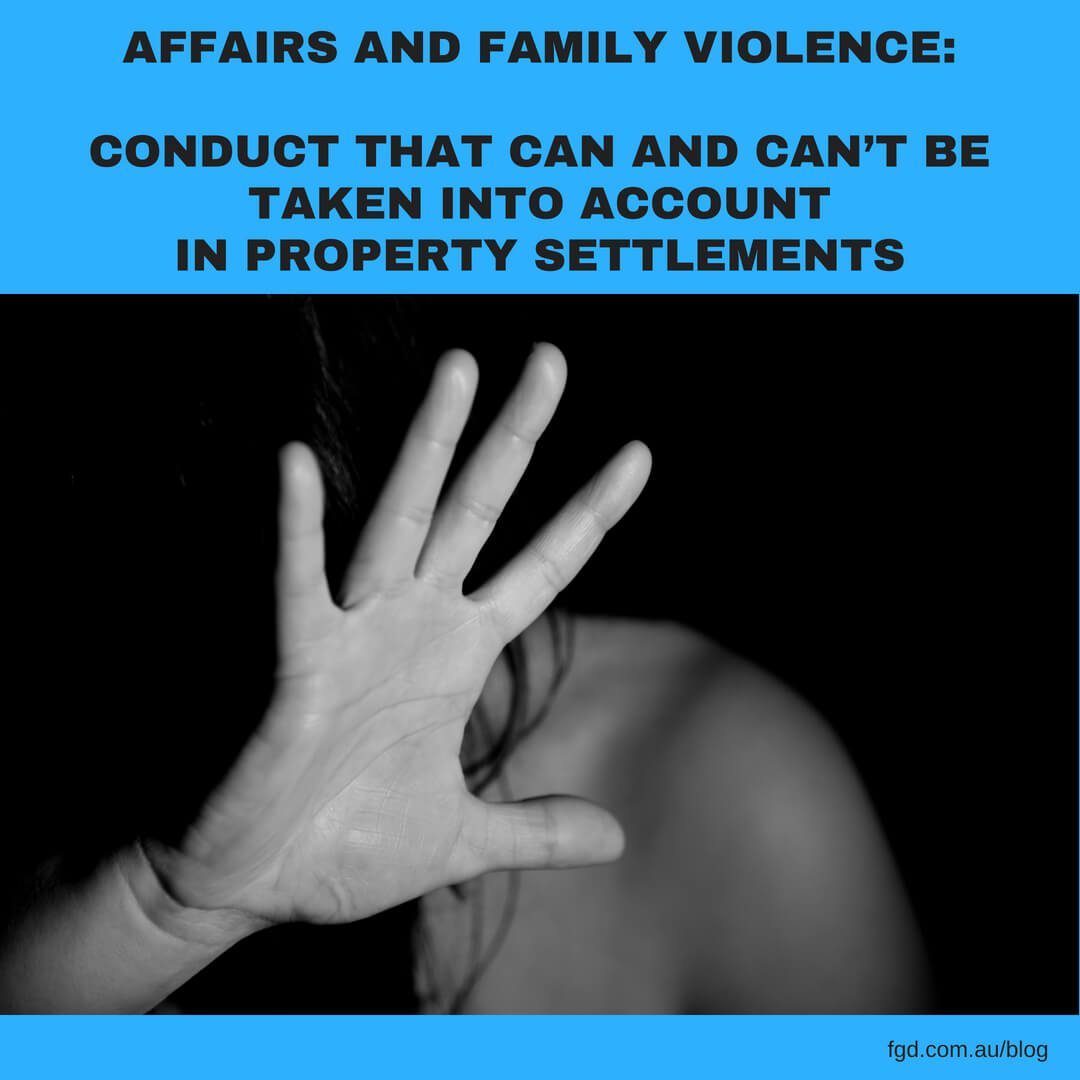
When making a decision about property, the Court is required to consider the direct and indirect financial and non-financial contributions of the parties to the acquisition, conservation or improvement of any property, in addition to contributions made by the parties in their capacity as parent and/or homemaker.
This elicits the question of whether contributions can also be considered in the inverse, that is, whether conduct of one of the parties can be considered as a negative contribution.
How can conduct be considered?
Instead, fault may be considered from a different perspective. In some cases it may be possible to argue that in the context of family violence, the contributions of the victim should be increased (see our FAQs here for more information on what constitutes family violence). Scratching your head?
This line of argument (known colloquially amongst family lawyers as a Kennon argument[1]) may be successfully mounted where the following can be proven:
- That there was a course of violent conduct; and
- That it had a discernible impact upon the victim; and either
- that this had a significant adverse impact upon the victim’s contributions to the marriage; or
- made the victim’s contributions significantly more arduous than they ought to have been.
How could these elements be proven in Court?
Parties seeking to make a Kennon argument may face difficulty in proving the above elements to the satisfaction of the Court. This is because parties often do not keep records of the relevant conduct or have other evidence sufficient to prove the effect of the violence on them, such as reports to police or medical practitioners. Establishing that the conduct had the impact as required by the case law may also be difficult where the victim suffers from an existing condition and the victim seeks to rely on worsening of that condition as the basis for the claim.
Careful consideration must be given to the amount of contributions that are argued to have been made by the victim. If a lesser contribution is said to have been made in consequence of the family violence conduct and the Kennon argument is not successful, the victim may risk receiving less than they otherwise may have been entitled to.
Further, the Court has laboured the point that an argument along these lines will only be successful in exceptional cases. As such, it is important that legal advice is sought prior to attempting to make a Kennon argument.
If you are unsure as to whether this may be relevant to you, you should contact one of our expert family lawyers at fgd@fgd.com.au or on 02 6257 6477.
[1] As established in the case of Kennon v Kennon (1997) FLC 92-757 and since developed by subsequent cases.